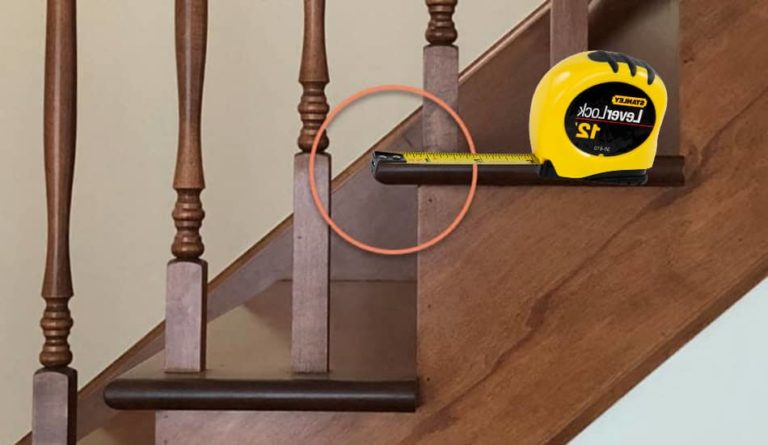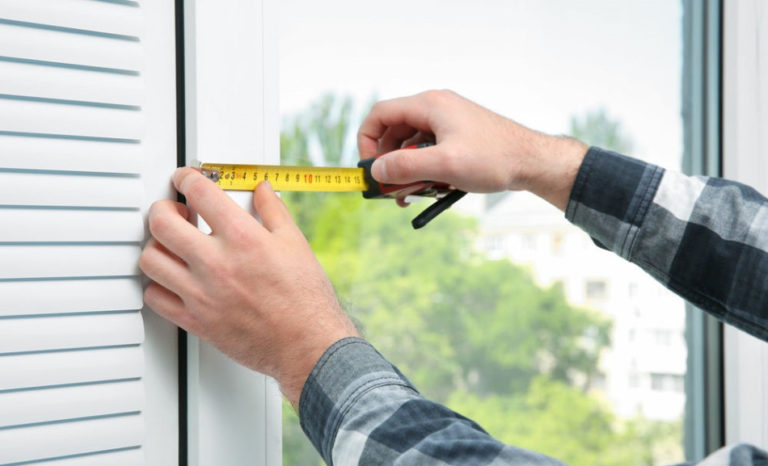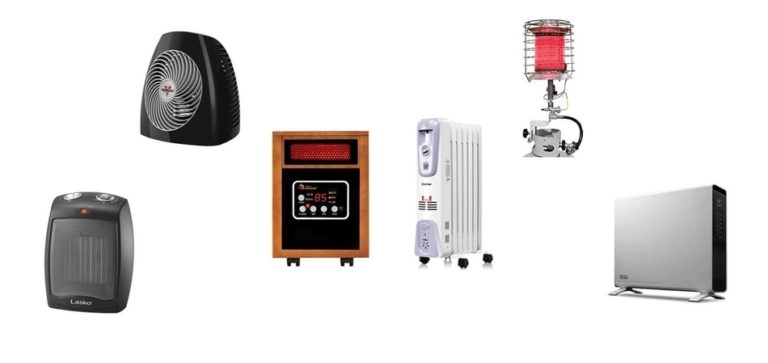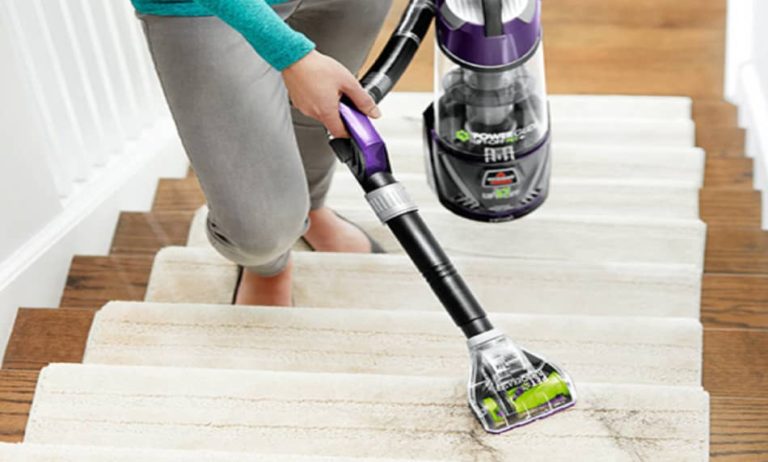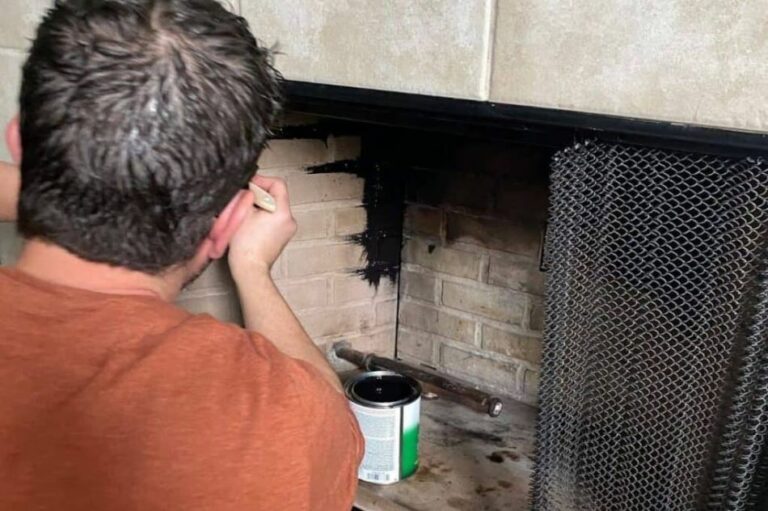How Long Should A Dehumidifier Run Per Day?
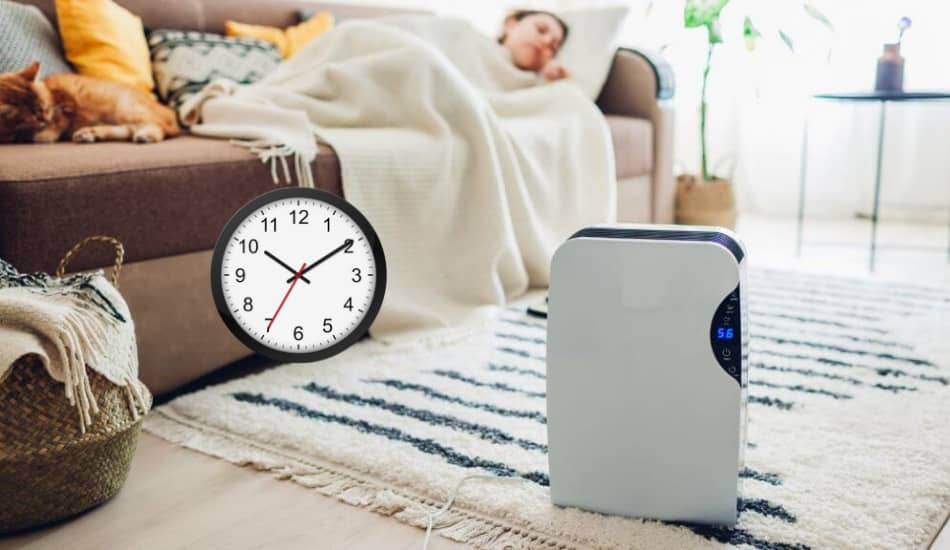
If you want to improve your indoor air quality, try to use dehumidifiers to remove excess moisture from the air. If you don’t want any allergies or respiratory problems, a dehumidifier helps with that, as well as with preventing mold build-up, which can cause damage to your home.
It also collects water from the air and helps to keep the temperature and relative humidity at a comfortable level. However, you might be wondering should a dehumidifier run constantly? In this article, we’ll talk about that and much more. So, let’s start!
Table of Contents
How Long Should a Dehumidifier Run Per Day?
So How Long Should a Dehumidifier Run Per Day? Generally, a dehumidifier should run at least 12 hours a day. However, this depends on the room size, conditions in the room (moisture level), dehumidifier’s built-in features, running cost, and unit capacity. Sometimes a dehumidifier must run the whole day if the room conditions are wet.
Although many people ask should a dehumidifier run constantly, it depends on the humidity level of the room. It is not recommended to run a dehumidifier all the time. Below we will go through all the important details related to this topic.
If you have a problem with moisture, be sure to read How to Properly Ventilate a Bathroom Without A Window.
How A Dehumidifier Works?
A dehumidifier draws air in through its inlet, condenses it, heats it, and then exhausts the dry air. That is how it removes excess moisture from the air and lowers the area’s relative humidity. As the moisture in the air is sucked out, the humidity in the room gradually decreases.
Even though dehumidifiers are simple to use, one common question is how long a dehumidifier should run per day? When the desired humidity level is reached, most dehumidifiers turn off automatically.
What is Relative Humidity (RH)?
Relative Humidity is a ratio or percentage of the water vapor that is in the air at a given temperature. The ideal relative humidity (RH) is between 30 and 50 percent, which allows you to breathe comfortably while reducing the presence of microorganisms such as mold and mildew in the air. On the other hand, humidity is the amount of vaporized water in the air.
Recommended Running Time Of A Dehumidifier Per Day
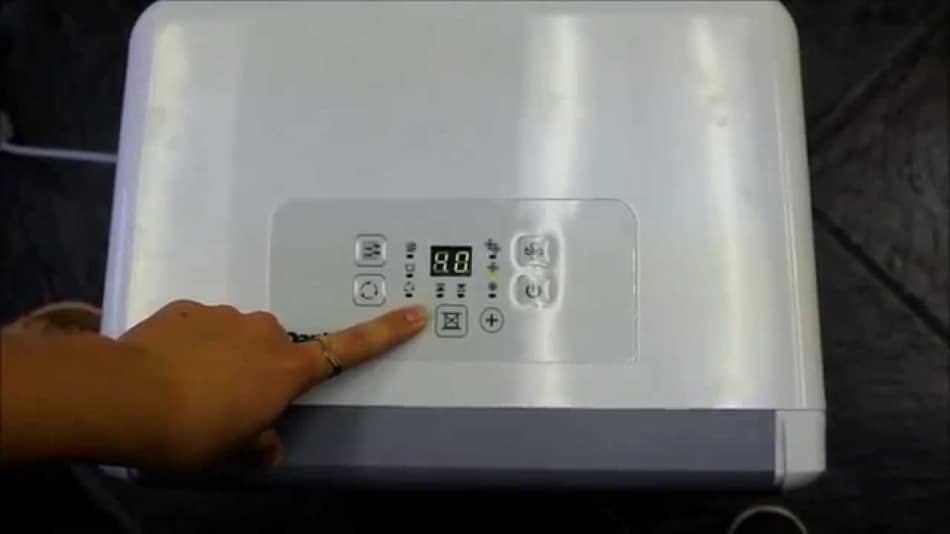
Depending on the appliance’s built-in features, unit capacity, operating costs, and room dampness, it is recommended that the dehumidifier should be run for at least 12 hours per day. However, if the room is particularly wet, it may need to run all day.
When the reservoir is full, or a certain humidity level is reached, it will automatically turn off if the unit has an auto shut-off. Another option that some models have is a continuous pump that is connected to the floor drain. With this option, you don’t need to worry about emptying the water tank; it will drain itself after water accumulates in the tank.
If your appliance lacks any of these features, you’ll have to inspect it from time to time manually. If you don’t do this, water will overflow and damage your floor. Since this can sometimes be bothering, and if the air is too humid, it’s better to figure out what’s causing the excess humidity rather than just running to the dehumidifier all the time.
Is It Safe to Leave A Dehumidifier On All Night?
Yes, if it’s not harmful to your health, you can leave the dehumidifier on all night. However, there are a few things to consider before turning it on all night.
- On/off Feature
Because you won’t be touching the dehumidifier while you’re sleeping, an auto shut on/off switch is preferable. After removing the desired amount of moisture from the air, the switch automatically turns off the unit. When the humidity level exceeds the selected setting, the compressor will automatically turn on.
- Tank Capacity
To avoid a room full of water, the dehumidifier should have a tank with enough capacity for continuous use, as previously mentioned. Having an auto shut-off switch or a continuous drain pipe is also beneficial.
- Noise
While taking in and exhausting air, the dehumidifier compressor makes a wind noise, which can disrupt your sleep. If you plan to use the device all night, it’s a good idea to check the device’s sound output.
When Should I Turn Off My Dehumidifier?
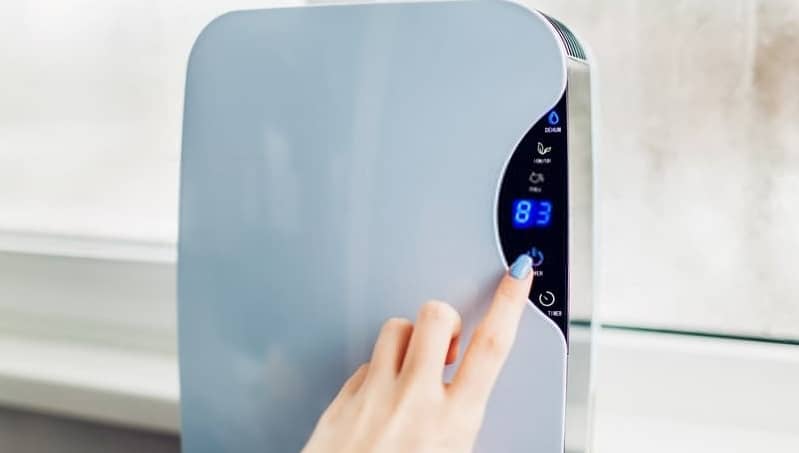
As summer draws to a close and you begin to prepare your home for the winter, it’s best to turn off the dehumidifier for a few months. This will also save you money because it isn’t necessary to keep it running. After all, the air is drier in the winter than it is in the summer.
Disadvantages Of Constant Use
Even though it is not harmful to leave a dehumidifier on all the time, it has the potential to reduce the life of your device and increase your energy expenses. It can also cause some health issues like dry skin and eyes. Speaking about health, it can even induce a dry respiratory tract, raising the risk of infection. Furthermore, if your machine runs continuously (24/7) after being set to a relative humidity level of 50% or lower, then something is wrong.
How Much Does It Cost to Run a Dehumidifier 24 Hours a Day?
The cost of running a dehumidifier is between $0.03 and $0.16 per hour, while the price of running it 24 hours a day is around $0.72 to $3.84. This depends on the average price of electricity which is 10.42 cents per kilowatt-hour in the U.S.
A component that regulates humidity levels and turns off the unit automatically when the air is no longer humidified is called a humidistat. It comes with the majority of newer versions. As mentioned before, a dehumidifier does not need to run for 24 hours a day since it can save you some money. Speaking about money, there is a straightforward method for calculating the cost of running a dehumidifier throughout the day.
You can calculate it by multiplying your unit’s hourly energy usage (Watts) by the number of hours it runs. Dehumidifiers can cost anything from $25 to $350 per year to run, depending on their model and quality. There are portable micro dehumidifiers that are usually cheaper than larger devices, which might cost $350 per year because they can remove 70 pints or more moisture from the air per day.
How To Increase Lifespan of Dehumidifier
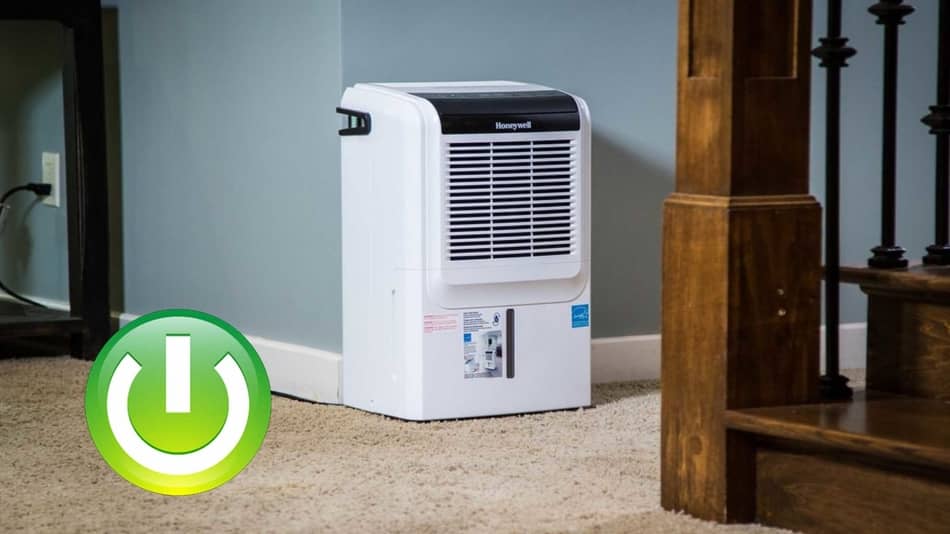
With proper usage and regular maintenance, dehumidifiers can last for several years. Of course, if you use a dehumidifier continuously for 24 hours a day, it will strain the compressor, raise its operating costs, and lead to a shorter lifespan. The following guidelines can help you avoid overworking your dehumidifier, which will extend the life of your dehumidifier.
1. Place The Dehumidifier In a Well-Ventilated Spot
Dehumidifier usually performs more efficiently if the air is moving freely in and out. You can do that by improving the ventilation surrounding the dehumidifier. On the other hand, having window and door cracks makes dehumidifiers less efficient since they let more external moisture into the space. You can prevent this by sealing the room.
2. Avoid Using Heating Appliances When Dehumidifiers Are In Use
Replace natural gas or kerosene heaters with alternative electrical heating appliances. This is a better option because these heaters just add to the moisture in the room, causing the dehumidifier to operate longer.
3. Keep The Reservoir Empty
The dehumidifier performs at its best when the water tank is not full. When you have a full water tank, there is a possibility that the water will damage the circuit board, increasing the cost of maintenance.
4. Installing Exhaust Fans In Kitchen And Bathroom
The bathroom and kitchen can become very humid, especially after taking a hot shower or while the cooking is going on. For that reason, the dehumidifier needs to work more, and it will affect your electricity bill. You can save money by investing in exhaust fans in the bathroom and kitchen. They will assist in sucking moisture from the air, lowering the dehumidifier’s workload.
5. Keep Coils And Air Vents Dust-Free
Dust is one of the main problems you may have with a dehumidifier. It collects in the dehumidifier’s coils and air vents, which can clog and harm the dehumidifier’s internal components. These problems can be prevented by carefully sweeping away the dust using a brush. This can also save you money since the dehumidifier will run more cost-effectively.
How Often to Run Dehumidifier in Basement?
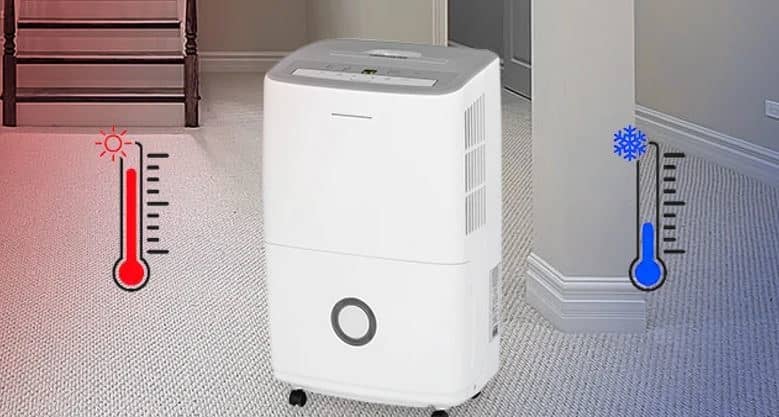
Most dehumidifiers won’t work in temperatures below 42 degrees Fahrenheit (5 °C). As a result, if you want to use it in your basement, you may need to buy one with an auto-defrost feature. The first step is to determine whether or not a dehumidifier is required in your basement.
To determine if the relative humidity in your basement exceeds 50%, you’ll probably need a hygrometer, which is an instrument that measures the amount of water vapor in the air. Once you determine that, then you will know how often to use it in the basement. It’s also worth noting that basements are typically 10 degrees Fahrenheit cooler than the rest of your home.
How Long Should I Run A Dehumidifier After A Flood?
After a flood, you will need to dry out your house since mold will continue to spread as long as moisture is available to feed it. You can do that by running the dehumidifier long enough to dry porous surfaces or materials completely.
This can sometimes take a while, anywhere between a couple of days to a few weeks. The only things that aren’t work drying out are drywall and insulation; since those take too long to dry, they should be replaced rather than running your dehumidifier.
Is It Cheaper to Run AC or Dehumidifier?
It is cheaper to run a dehumidifier compared to AC. Unlike an air conditioner, a dehumidifier does not cool the room’s indoor air. An air conditioner consumes between 1 and 4 kilowatts per hour.
The dehumidifier has much less watts (power) than an air conditioner. A dehumidifier is also a better financial option since it consumes less energy. Choose a dehumidifier if you only need a device to solve your excess humidity problems quickly and effectively while also improving indoor air quality.
Factors That Affect Dehumidifier Running Duration
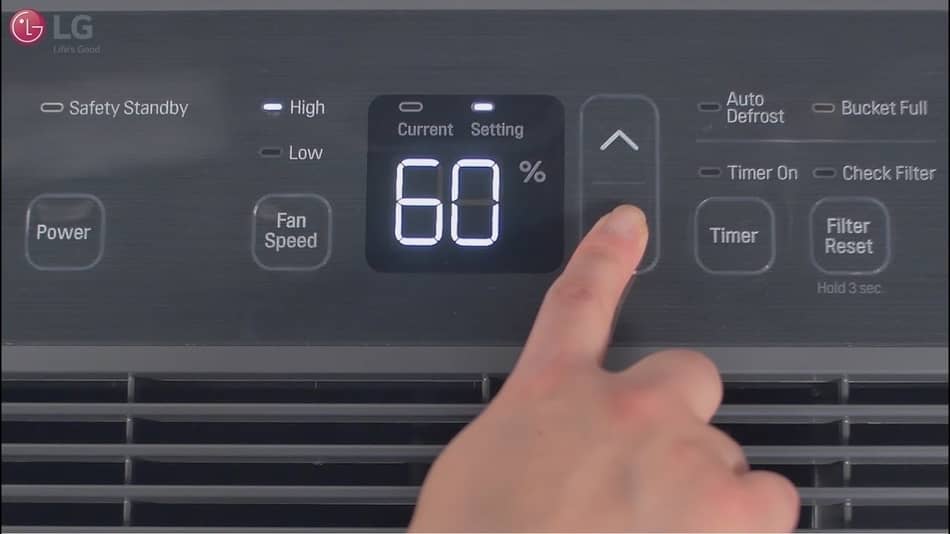
There are five main points to think about:
- Dehumidifier Type
Even though there are various types of dehumidifiers, you should always purchase the most powerful dehumidifier available (70-pint rating). Some of you may ask yourself, will this cost me more? Yes, it will, but if you purchase a dehumidifier with less power, it will have to run for longer periods to achieve the same level of humidity reduction as a more powerful model.
- The Room
Airflow and natural light are key points for the dehumidifier to run more efficiently. Dehumidifiers will have to work harder if you put them in a room with poor airflow. Let’s say you put your dehumidifier in a room with plenty of airflows and natural light. In this room, the dehumidifier doesn’t need to run continuously, which is more efficient.
On the other hand, if you put it in your basement, where there is no airflow and natural light, your dehumidifier will have to work harder due to lower air temperatures and higher humidity levels. Your basement dehumidifier will almost certainly have to run all of the time. If you’re using a dehumidifier in a grow tent, it’ll have to run all the time.
- Dehumidifier Features
With newer technologies, water tanks were replaced with a hose and a water outlet. This way, dehumidifiers became more efficient since old water tanks would get filled up and needed to be emptied manually. You should try to use the automatic draining feature if you have a hose and access to a water outlet.
LCDs, sophisticated control panels, and a range of operation modes are among the other characteristics. Another useful feature is the auto-shutoff feature. When the appropriate humidity level is attained, your dehumidifier will be able to turn off.
- Power Bill
The more powerful and bigger your dehumidifier is, the more it will cost to run. Larger dehumidifiers, on the other hand, will dehumidify an area faster and hence shut off sooner. In the long term, this makes them less expensive to run as we mentioned before.
- Climate
If you live in a dry area, you should be cautious about constantly running your dehumidifier because low humidity can cause many health problems. Some of them are chapped lips, dry skin, and sore throats. On the other hand, running your dehumidifier if you are living in a humid area will reap significant benefits since the amount of moisture in the air will be reduced, and it will decrease mold formation and allergies that come with it.
For those who want to know more, feel free to read How To Kill Mold With Temperature (Heat & Cold Treatment).
Final Thoughts
Hopefully, we’ve addressed most of your dehumidifier-related concerns, allowing you to get the most out of your dehumidifier in terms of efficiency and advantages. To summarize everything, how long a dehumidifier should run daily doesn’t matter that much. I hope that this article helped you, and if you have any other questions feel free to ask.


